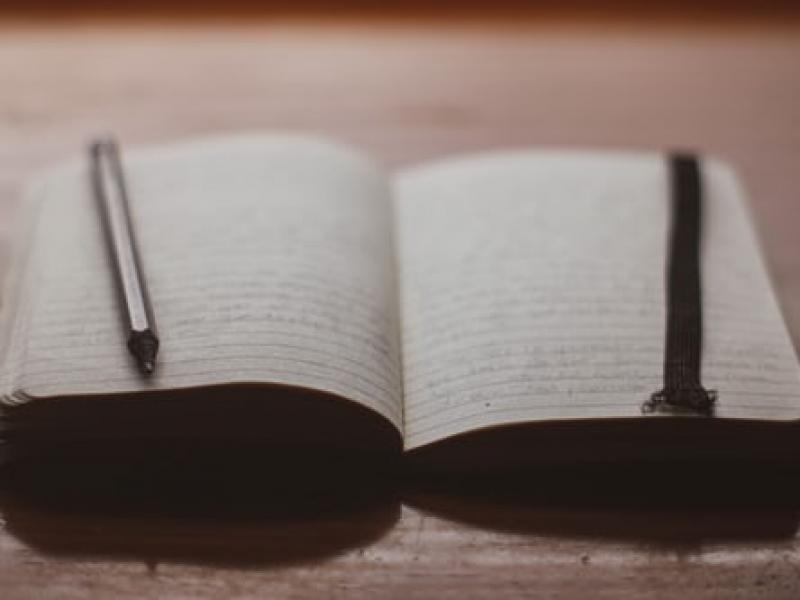2020 – A Good Year to Start A Diary?
“From June 1918 on, the bad epidemic of influenza began to rage all over the country. It became impossible to get nurses or admission to hospital. Whole families were prostrated by it, especially in the congested areas of Dublin, so that there was nobody to attend to the sick”.
The above account of the 1918 influenza pandemic was given by Cumann na mBan member Bridget Martin to the Bureau of Military History. Our knowledge of the 1918 pandemic comes from official records, newspaper reports, oral history projects, medical accounts, memoirs and diaries. Bridget Martin lived through tumultuous times. As well as the influenza pandemic,1918 was the year of the general strike against conscription, Gaelic Sunday, the end of the first world war, women voting and a general election that transformed the political landscape.
We are living though another pandemic and the story of 2020 will be told and re-told for decades to come. Unlike in 1918, much of the contemporary record is digital. The National Library of Ireland, for instance, is archiving websites that capture the major efforts across Government, the health sector and Irish society to combat the COVID-19 pandemic in this country. As the National Library of Ireland explains, “It's important to collect the websites that reflect this moment in Irish life. Building this digital COVID-19 collection will ensure that the Irish story of this global pandemic and the efforts of Irish people to combat the coronavirus are collected and preserved for future generations”.
In memoirs, diaries and oral history accounts, individuals can give a sense of what it was like to live through historic events in a way official and institutional sources don’t capture. What stories will we tell future generations when they ask us “what was it like”? Which aspects of the current pandemic will we remember, and which will we forget? Unlike memoirs written years later, diaries record details, emotions and interpretations that time and memory may obscure or change. As historical records, diaries have a freshness and immediacy that bring us close to the diarist and their times.
Of course, diaries are personal accounts and writing a diary has benefits for people of all ages regardless of their usefulness as historical records for posterity. Keeping a diary is an active process that can help us organise our thoughts, reflect on our experiences and understand our feelings. It may be a long time since you engaged in a writing exercise of any kind apart from posts on social media and keeping a diary gets you into the habit of writing regularly. Unlike social media posts, you are the only audience for your diary and don’t have to worry about what anyone else will think of your writing style or what you write. With practice, you will improve your writing skills and can experiment with creative ways of expressing yourself.
By helping children keep a diary, you can give them opportunities to express themselves, make sense of what is going on around them and practice their writing. Choose a diary and encourage your child to customise it. Set aside a fixed time each day for them to make a diary entry, noting the date at the top of each page. Very young children may draw pictures and add a few words as captions rather than write entire sentences. It doesn’t matter if they only write a few sentences or miss days from time to time as long as writing becomes a habit.
If you are thinking of starting a diary or helping your child start one, then this may be an opportune time to start. We are, after all, living in extraordinary times and our written accounts will, one day, be of interest to our future selves, our families and maybe even our wider communities and historians.
Orla, Fingal Libraries

